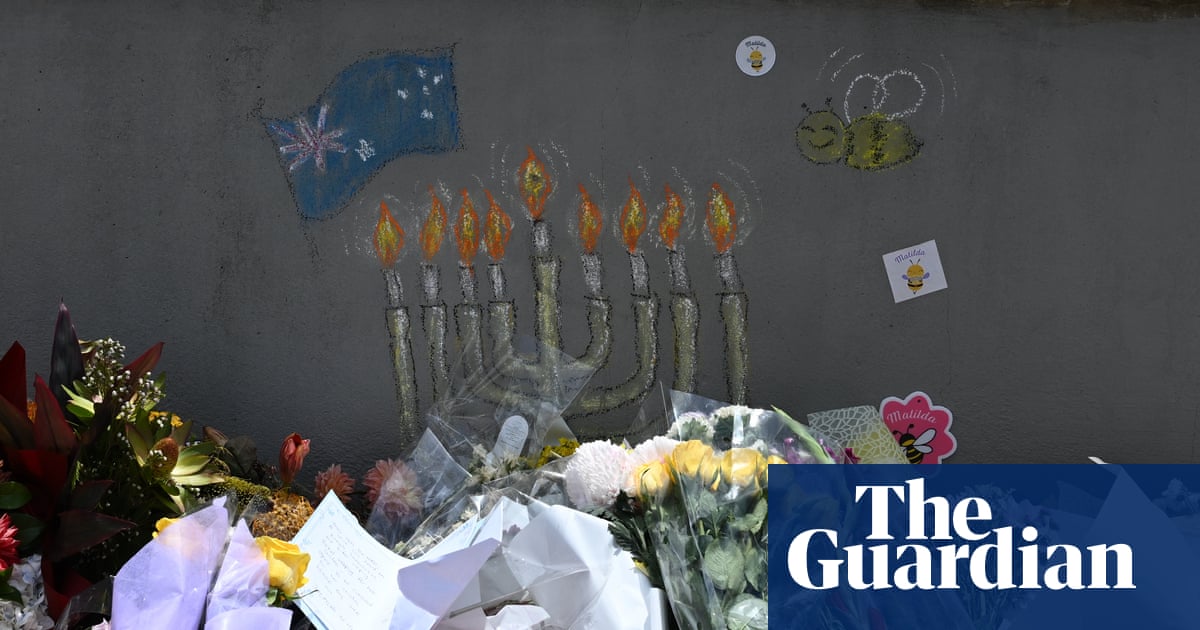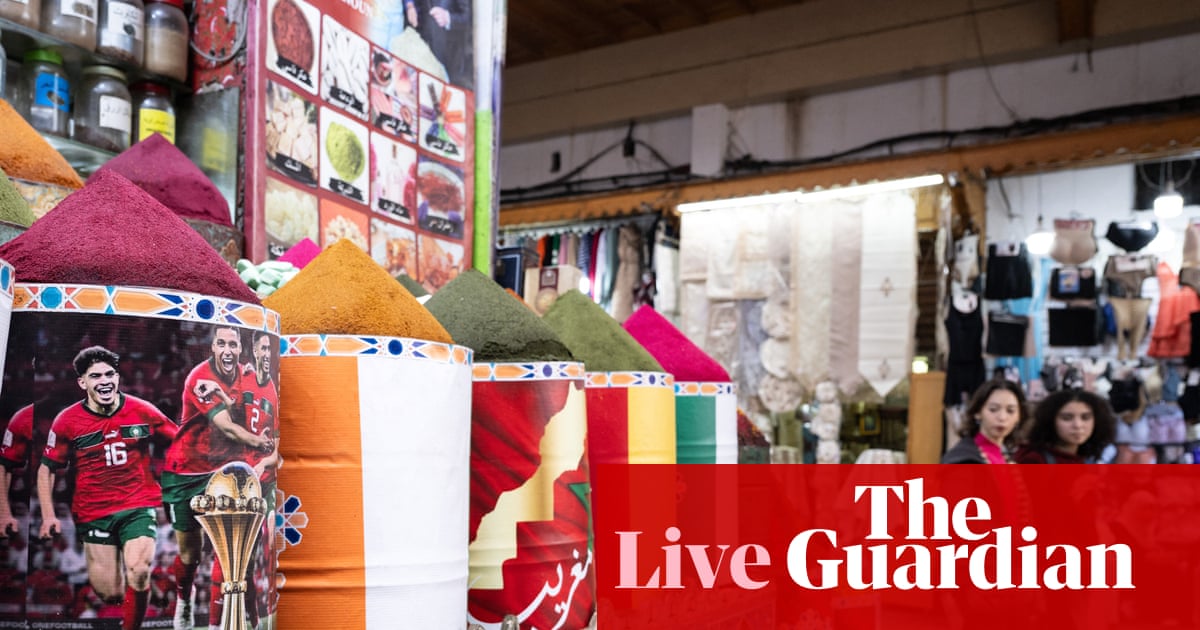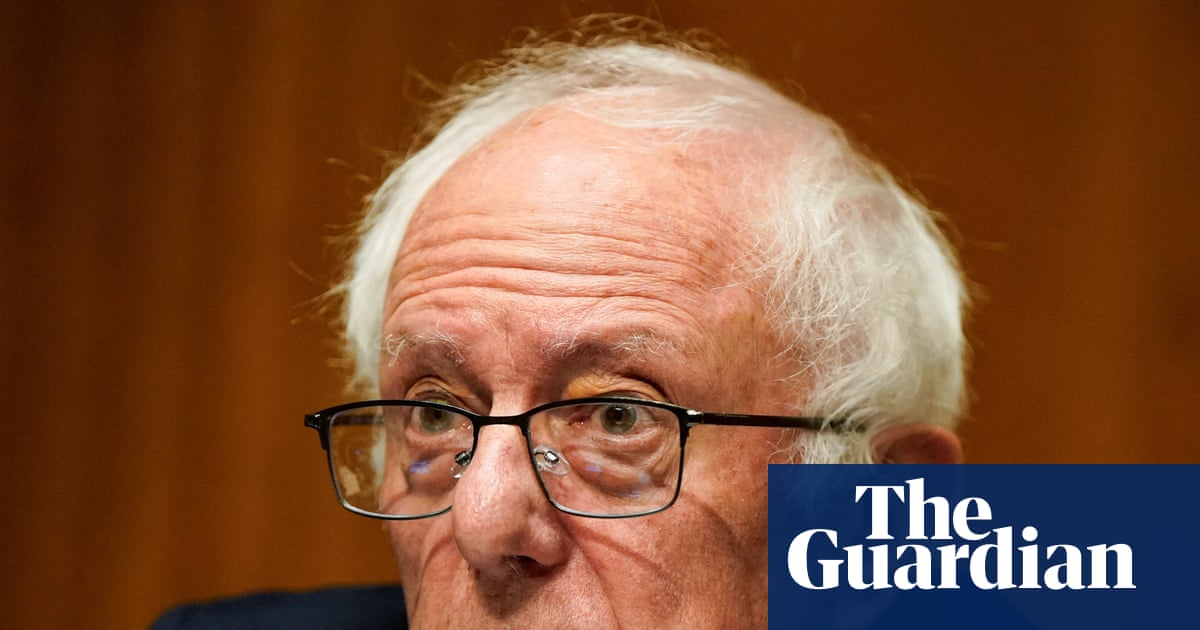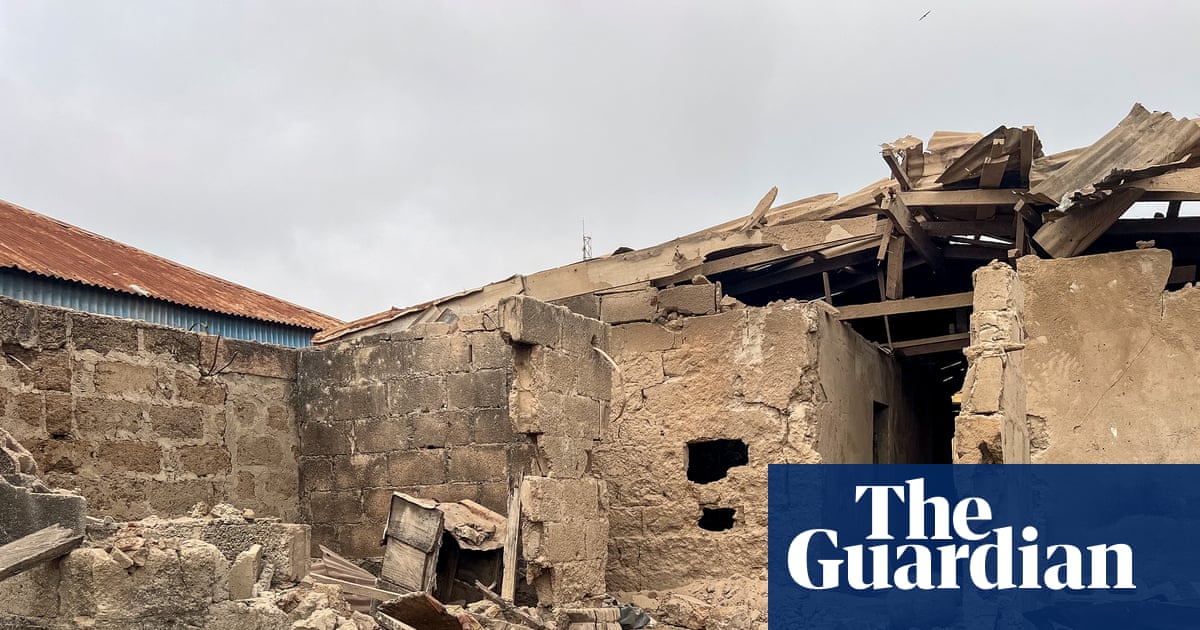Foreign minister says move is not aimed at Israeli people but ‘ensuring their government respects international and humanitarian law’
LIVE Updated 11m ago
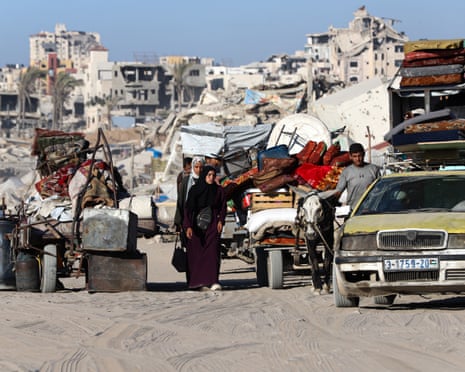
Palestinians proceed to central Gaza as they are displaced by intense Israeli attacks in the north of the territory Photograph: Anadolu/Getty Images
Show key events only Please turn on JavaScript to use this feature
Live feed
Belgium to recognise Palestinian state at UN general assembly
We are restarting our live coverage of Israel’s war on Gaza. Belgium’s foreign minister, Maxime Prévot, has said his country will recognise a Palestinian state at the UN general assembly later this month, adding to international pressure on Israel after similar moves by Australia, Britain, Canada and France.
The decision comes “in light of the humanitarian tragedy unfolding in Palestine, particularly in Gaza, and in response to the violence perpetrated by Israel in violation of international law,” Prévot said in a post to social media.
Israel has become increasingly isolated on the international stage as it faces credible accusations of genocide, ethnic cleansing, war crimes and the collective punishment of the civilian population of Gaza.
Israel’s assault has flattened large parts of Gaza, killing more than 63,000 people, mostly civilians, forcing nearly all of Gaza’s more than 2 million people from their homes and causing what the UN-backed hunger monitor, the Integrated Food Security Phase Classification (IPC), described last month as a “man-made famine” in and around Gaza City. Israel is still obstructing aid into the territory, despite widespread starvation.
In a lengthy post on X describing the Belgium government’s new position, Prévot wrote:
In light of the humanitarian tragedy unfolding in Palestine, particularly in Gaza, and in response to the violence perpetrated by Israel in violation of international law, given its international obligations, including the duty to prevent any risk of genocide, Belgium had to take strong decisions to increase pressure on the Israeli government and Hamas terrorists.
This is not about sanctioning the Israeli people but about ensuring that their government respects international and humanitarian law and taking action to try to change the situation on the ground.
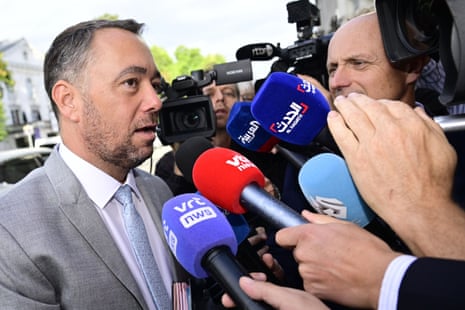
The recognition of Palestine would only be formalised if Hamas releases all remaining Israeli hostages kidnapped in the Hamas-led 7 October attack on southern Israel in 2023 and the militant group “no longer has any role in managing Palestine,” Prévot added.
Prévot said Belgium, a member of the European Union, would levy 12 “firm” sanctions on Israel, such as a ban on importing products from its settlements and a review of public procurement policies with Israeli companies. It will also declare Hamas leaders persona non grata in Belgium.
The minister also said two “extremist” Israeli ministers and several “violent settlers” would be designated “persona non grata” in Belgium. While he didn’t name the ministers, they are likely to be Itamar Ben-Gvir, the far right security minister in Benjamin Netanyahu’s coalition government, and Bezalel Smotrich, the far right finance minister.
Over the summer, the UK, alongside Australia, Canada, New Zealand and Norway sanctioned Ben-Gvir and Smotrich over “repeated incitements of violence against Palestinian communities” in the occupied West Bank.
Key events Show key events only Please turn on JavaScript to use this feature
What will recognising Palestine mean in practice?
The Guardian’s political correspondent Eleni Courea has done an explainer in July with a section looking at what recognising Palestine would look in practice. Here is an extract:
Recognition is a symbolic step but one that would infuriate the Israeli government, which argues that it would encourage Hamas and reward terrorism.
It is in effect a formal, political acknowledgment of Palestinian self-determination – without the need to engage in thorny practicalities such as the location of its borders or capital city.
It also allows the establishment of full diplomatic relations that would result in a Palestinian ambassador (rather than a head of mission) being stationed in London and a British ambassador in Palestine. Advocates say it is a way of kickstarting a political process towards an eventual two-state solution.
Out of the 193 UN member states, about 140 already recognise Palestine as a state. These include China, India and Russia, as well as a majority of European countries such as Cyprus, Ireland, Norway, Spain and Sweden. But until Thursday, when France announced it intended to recognise Palestine, no G7 country had committed to it.
Belgium to recognise Palestinian state at UN general assembly
We are restarting our live coverage of Israel’s war on Gaza. Belgium’s foreign minister, Maxime Prévot, has said his country will recognise a Palestinian state at the UN general assembly later this month, adding to international pressure on Israel after similar moves by Australia, Britain, Canada and France.
The decision comes “in light of the humanitarian tragedy unfolding in Palestine, particularly in Gaza, and in response to the violence perpetrated by Israel in violation of international law,” Prévot said in a post to social media.
Israel has become increasingly isolated on the international stage as it faces credible accusations of genocide, ethnic cleansing, war crimes and the collective punishment of the civilian population of Gaza.
Israel’s assault has flattened large parts of Gaza, killing more than 63,000 people, mostly civilians, forcing nearly all of Gaza’s more than 2 million people from their homes and causing what the UN-backed hunger monitor, the Integrated Food Security Phase Classification (IPC), described last month as a “man-made famine” in and around Gaza City. Israel is still obstructing aid into the territory, despite widespread starvation.
In a lengthy post on X describing the Belgium government’s new position, Prévot wrote:
In light of the humanitarian tragedy unfolding in Palestine, particularly in Gaza, and in response to the violence perpetrated by Israel in violation of international law, given its international obligations, including the duty to prevent any risk of genocide, Belgium had to take strong decisions to increase pressure on the Israeli government and Hamas terrorists.
This is not about sanctioning the Israeli people but about ensuring that their government respects international and humanitarian law and taking action to try to change the situation on the ground.

The recognition of Palestine would only be formalised if Hamas releases all remaining Israeli hostages kidnapped in the Hamas-led 7 October attack on southern Israel in 2023 and the militant group “no longer has any role in managing Palestine,” Prévot added.
Prévot said Belgium, a member of the European Union, would levy 12 “firm” sanctions on Israel, such as a ban on importing products from its settlements and a review of public procurement policies with Israeli companies. It will also declare Hamas leaders persona non grata in Belgium.
The minister also said two “extremist” Israeli ministers and several “violent settlers” would be designated “persona non grata” in Belgium. While he didn’t name the ministers, they are likely to be Itamar Ben-Gvir, the far right security minister in Benjamin Netanyahu’s coalition government, and Bezalel Smotrich, the far right finance minister.
Over the summer, the UK, alongside Australia, Canada, New Zealand and Norway sanctioned Ben-Gvir and Smotrich over “repeated incitements of violence against Palestinian communities” in the occupied West Bank.
Explore more on these topics

 3 months ago
51
3 months ago
51



